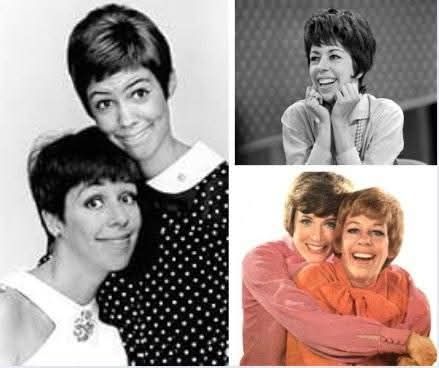When Vicki Lawrence was just 17, she took a bold step—writing a heartfelt letter to Carol Burnett, seeking guidance on how to find her own path in show business. To her surprise, Carol invited her to audition, and that moment changed everything. But behind the bright lights and laughter, Vicki wrestled with a heavy weight of self-doubt. With no formal training and no acting credits, she suddenly found herself sharing the stage with comedy legends, her heart pounding with nerves. When the audience laughed, she often wondered if they were laughing at her rather than with her.
There was a time when, overwhelmed by anxiety, she threw up backstage, wiped her mouth, and then stepped out to deliver a flawless six-minute sketch as Mama—a character who would become iconic. Away from the cameras, Vicki faced panic attacks, a marriage falling apart, and a haunting fear that she might never escape the shadow of Carol Burnett—that she was destined to be just a copy, not her own person.
But Vicki was something else entirely. She was louder, bolder, and unmistakably herself. In the 1980s, she transformed once more—taking on talk shows, game shows, anything that kept her in the spotlight. She didn’t crave legendary status; she simply wanted to keep moving forward. “I don’t need to be a legend,” she said. “I just need to keep working.”
Vicki Lawrence’s journey wasn’t about chasing fame—it was about finding a place where she belonged. And in doing so, she gave millions of people a sense of belonging too.
